
Monsieur Monde Vanishes (1945) is a novel by the prolific Belgian writer Georges Simenon. It begins on the morning of Norbert Monde’s 48th birthday. No one in his family remembers his birthday or wishes him. Likewise, his longtime employees forget it’s his birthday and treat the day as any other.
Monsieur Monde suddenly realizes he must escape his life in Paris. He leaves his second wife, two adult children, and successful career as an importer/exporter behind him, and he simply vanishes without a word of explanation. He withdraws a sum of money, has his mustache shaved off, and exchanges his perfectly tailored suit for a cheaper, ill-fitting suit in a second-hand store. He throws off his old clothes for a new identity and new life. Then he heads away on a crowded train to Marseilles with a sense that this rebellion has always been his fate.
In Marseilles, he overhears a fight in the hotel room next door, and saves a young woman named Julie from committing suicide. Julie and Monde understand one another to some extent, and Julie has no expectations of Monde, who has renamed himself Monsieur Désiré. Julie is a pragmatic, survivor. The pair travels to Nice together where no-nonsense Julie gets a job as a nightclub dancer at a gambling club. Julie manages to get Monde a job there too as a bookkeeper. Monde is also tasked with spying at a peephole, watching the staff and club members go about their nightly activities.
Monde is used to his routine in Nice when his first wife suddenly appears on the scene. Years ago, she left Monde and his children, and now she is a desperate drug addict. Monde helps her, but she doesn’t understand him. At the novel’s conclusion, Monde returns to his former life, but he’s a different man with a new outlook on life.
Monsieur Monde Vanishes is a novel about being taken for granted and about change, growth, and throwing off old habits.
Purchase and read books by Georges Simenon:
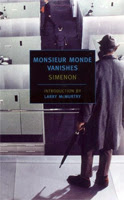

© penciledpage.com



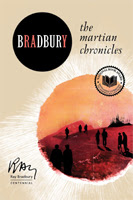



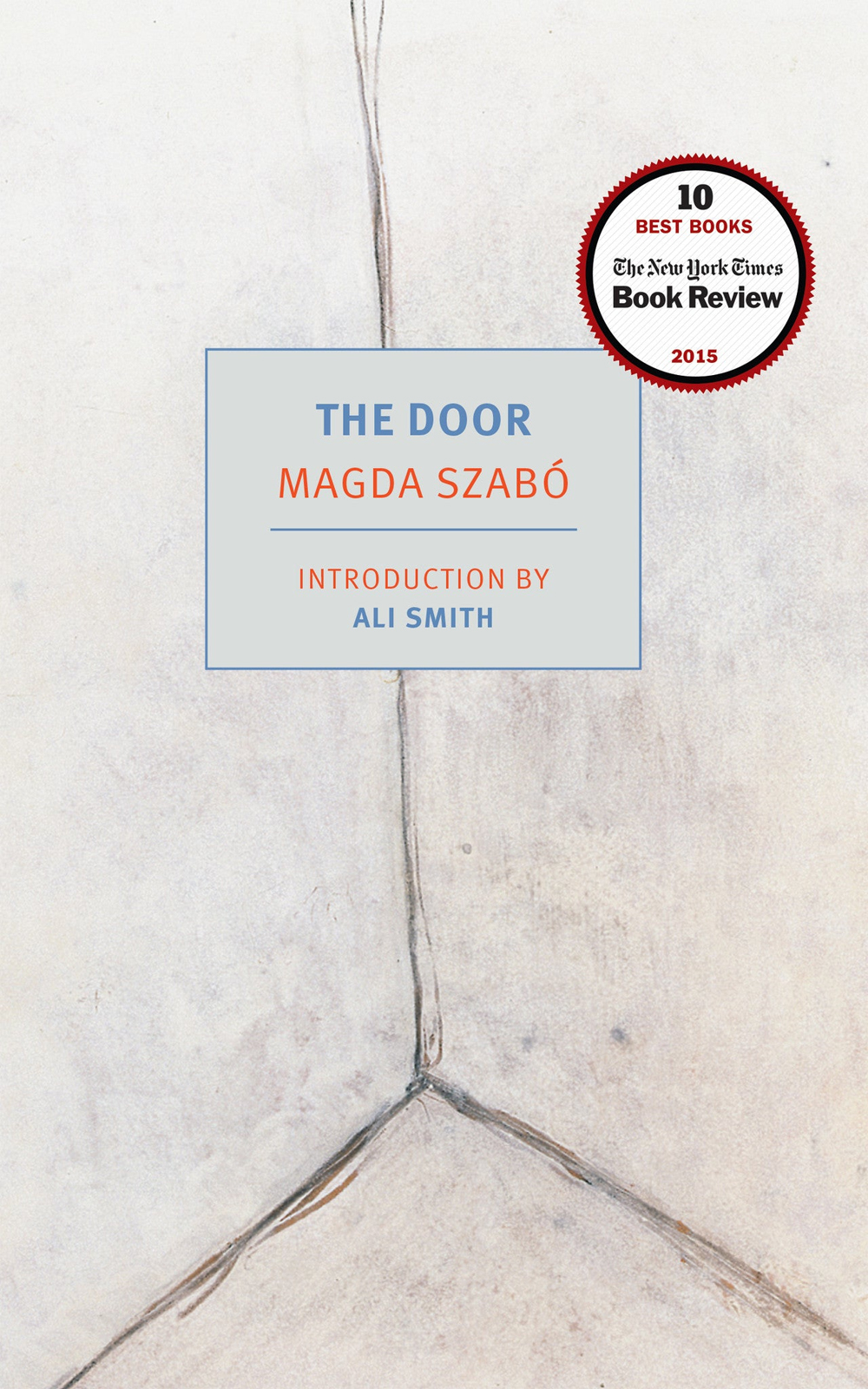


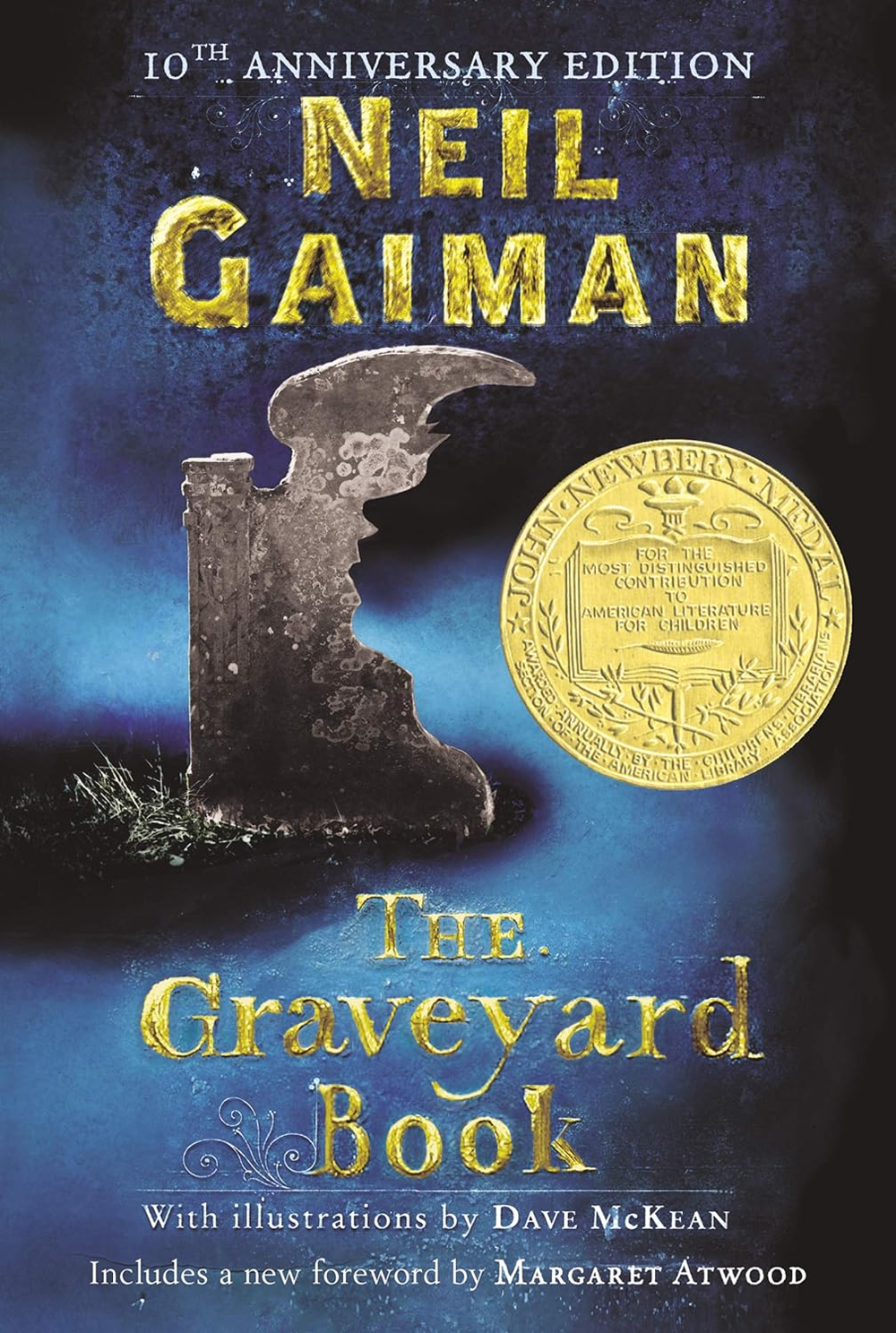

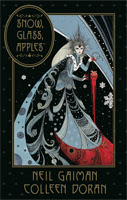
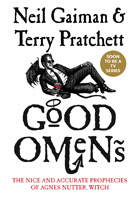








Search This Website